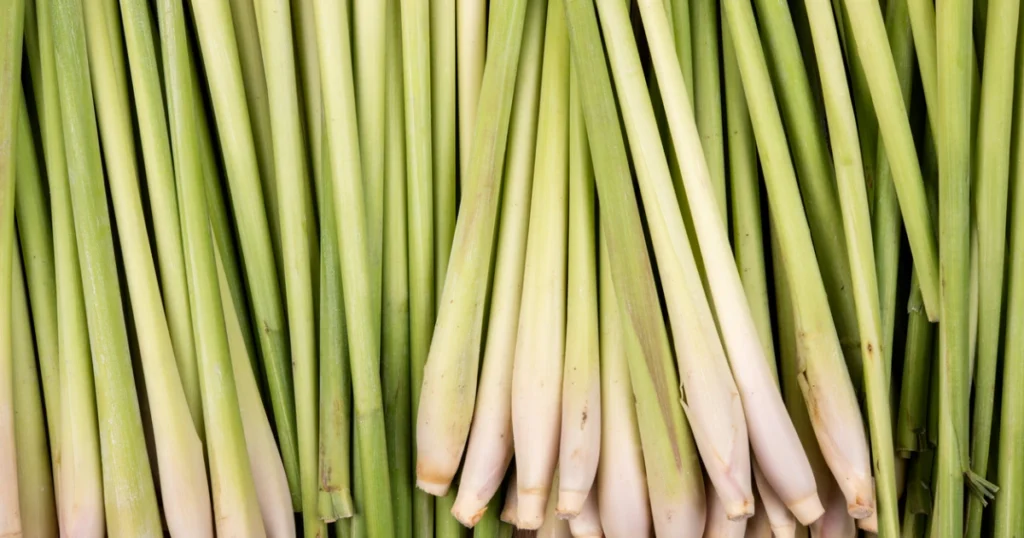This time, the story of familiar herbs comes from religious scriptures, whether Buddhism, Christianity, Islam, or Ayurveda. Which have been around for thousands of years. Such a long time is a guarantee that these herbs are full of proven properties.

Onion
From the Quran, the angel Gabriel brought the message to him to be the prophet of religion. Later he received the revelations for 23 years in a row and collected the contents into 11 surahs or chapters that became the Quran. Which Muslim brothers and sisters have used as a constitution in their lives, continuing on. Research from the University of Kashmir, India, has studied the contents of the scriptures and found that it mentions nearby plants, vegetables, and herbs.
Onions are high in calcium, phosphorus, potassium, sulfur, selenium, magnesium, beta-carotene, and folic acid. They also contain cycloalliin, which helps dissolve blood clots that often block blood vessels, reducing the risk of heart and blood vessel disease. สมัคร ufabet When eaten regularly, it helps reduce cholesterol, blood pressure, and blood sugar levels. It has antiseptic properties, reduces inflammation, relieves asthma, and stimulates white blood cells to work, so the immune system can work at its best.
Onion plaster recipe, properties to heal fresh wounds, stop bleeding, reduce infection
How to use : Take 2 teaspoons of finely chopped onion, squeeze out the juice and apply to the wound. Then cover with a plaster and repeat, changing the plaster every day.
The wound will gradually dry out.
sesame
From the Tripitaka, Volume 5, Vinaya Pitaka, Volume 5, Mahavagga, Part 2, it is said about the time of the Buddha that
Lemongrass
From the Ayurvedic scriptures, Associate Professor Dr. Omboon Vallisut, Department of Pharmaceutical Analysis, Faculty of Pharmacy, Mahidol University, has given information about “Herbs used in Ayurveda”, referring to History of Hindu Medical Science by Bhagvat Sinh Jee, Logos Press, New Delhi, 1895 (reprinted 1998) in the library of Aligahr Muslim University, Aligahr, India. It states that Ayurveda is the medical science of the Aryans or Hindus, which has profound principles for the use of herbs. There are 5 principles for classifying herbs:
- Rasa is flavor.
- Guna is a quality
- Veerya is power
- Vipaka is the transformation of herbs when they enter the human body.
- Prabhava is specificity

As for lemongrass, or Lemongrass, it has another name, Fever Grass, which seems to fit with the properties of relieving fever that we are about to talk about. This is fragrant lemongrass, not the house lemongrass that we eat. It is a herbaceous plant, about 2 meters tall, with longer leaves than house lemongrass, with the tips of the leaves hanging down to cover the ground. It has a nauseating smell. The leaf stalks are tightly layered sheaths, green mixed with purple-red. The stems and leaves have a pungent smell to the point that they cannot be eaten.